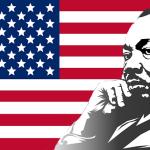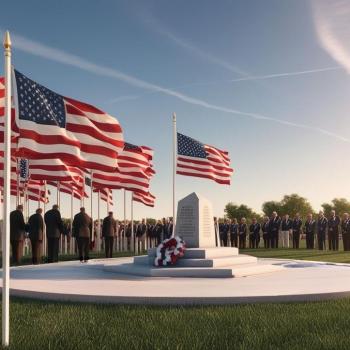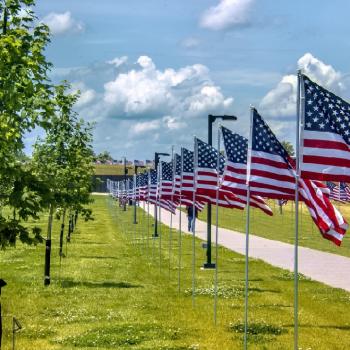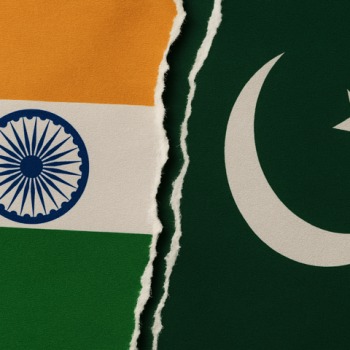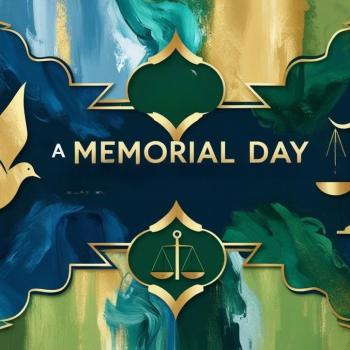
A Month of Reflection, Generosity, and Spiritual Renewal
As the crescent moon rises in the night sky, signaling the arrival of Ramadan in March 2025, Muslims worldwide are preparing for one of the most profound and transformative months of the year. But beyond the rituals of fasting and prayer, Ramadan holds a deeper significance that transcends religious boundaries, offering a chance for self-reflection, spiritual renewal, and a renewed sense of unity in the face of global challenges.
What does it mean to fast, not just in terms of food and drink, but as an act of devotion and self-purification? What does Ramadan reveal about the power of collective faith, generosity, and resilience in times of hardship?
How Do We Fast?
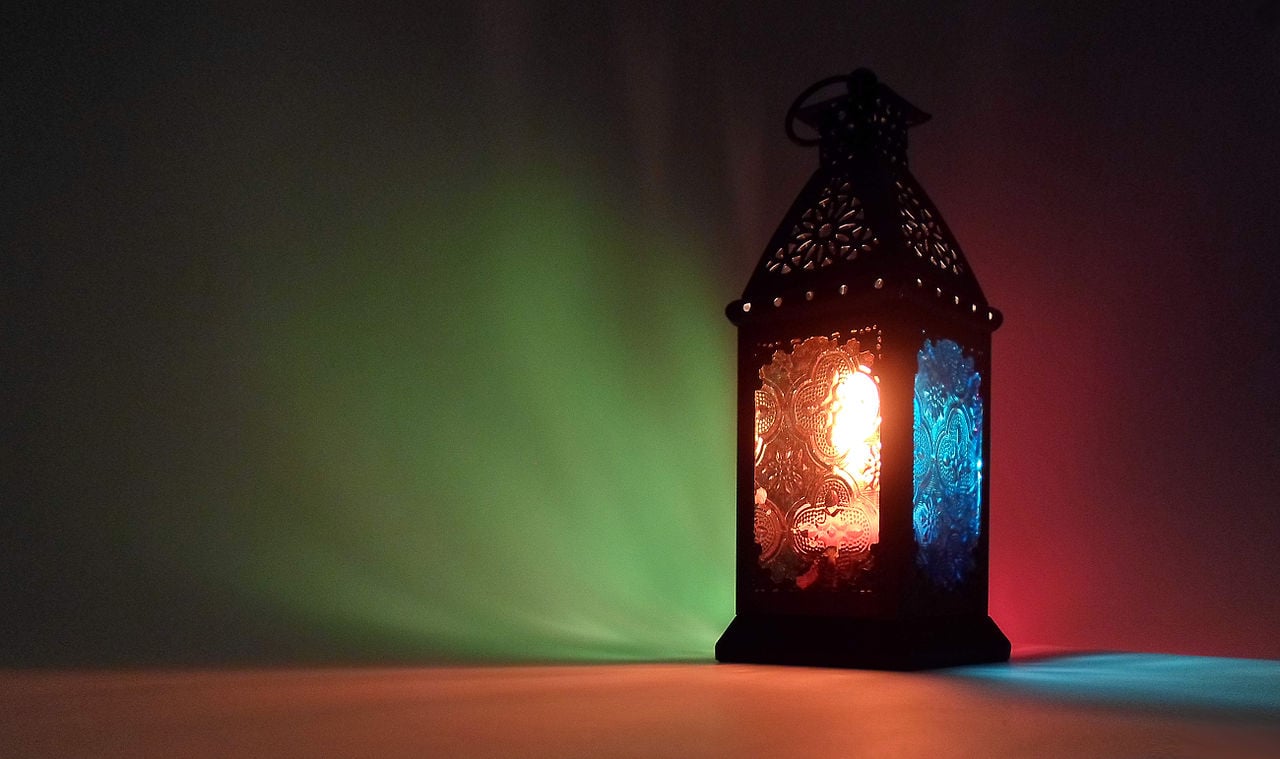
Fasting during Ramadan is a practice that transcends religious lines. As the Holy Quran states in Chapter 2, Verse 184: “O ye who believe, fasting is prescribed for you as it was prescribed for those before you so that you may attain righteousness.” This verse underscores the universal nature of fasting as a tool for spiritual and moral purification—a practice found in various religious traditions to draw closer to the Divine. For Muslims, abstaining from food, drink, and worldly distractions from dawn until sunset is more than a physical challenge; it is an act of devotion that cultivates self-discipline, empathy, and mindfulness of God’s presence.
The Quran further reminds us of the sacredness of this time: “The month of Ramadan is that in which the Quran was sent down as a guidance for mankind with clear proofs of guidance and discrimination” (2:186). During Ramadan, the Quran serves as a source of divine wisdom, moral clarity, and guidance, inviting believers to reflect on their spiritual journey and their connection with the Divine.
Rewards of Fasting

The rewards of fasting are immeasurable, as highlighted in a profound saying of the Prophet Muhammad (peace and blessings be upon him): “Every action of man is for himself except fasting. Fasting is for Me, and I will reward it, or I Myself will become the reward for it.” (Sahih al-Bukhari, Hadith 1894). This statement encapsulates the unparalleled significance of Ramadan: it is a time when believers are not just striving for personal growth but are deeply aligned with divine mercy, with the gates of Paradise open and the opportunities for forgiveness abundant.
The Prophet (peace and blessings be upon him) also said: “Whoever fasts during Ramadan out of sincere faith and hoping to attain Allah’s rewards, then all his past sins will be forgiven.” (Sahih al-Bukhari, Hadith 38). For Muslims, Ramadan is not only a time of fasting but a time of spiritual renewal, where the opportunity for self-improvement and purification is presented.
Yet, Ramadan is not solely about individual spirituality. It is a month that inspires acts of kindness, compassion, and generosity. Charity, or zakat, is a central pillar of Islam, and during Ramadan, Muslims are encouraged to give generously to those in need. As the Quran commands: “And they feed, for love of Him, the poor, the orphan, and the prisoner, saying, ‘We feed you for Allah’s pleasure only. We desire no reward nor thanks from you.’” (76:9-10). Acts of charity during Ramadan go beyond material giving—they are an opportunity to foster a sense of community, solidarity, and compassion that transcends religious and cultural divides.
Ramadan Reminders
Ramadan also teaches patience, humility, and gratitude. It is a time to resist impulsive behaviors, reflect on one’s actions, and focus on personal growth. The discipline learned during Ramadan has a lasting impact, shaping habits and attitudes that extend well beyond the month itself.
This year, as Ramadan begins in 2025, the world continues to face complex challenges—both personal and global. One such challenge is the ongoing conflict in Gaza, where innocent lives are being lost in a humanitarian crisis. The pain and suffering experienced by so many provide an urgent call for compassion and justice. As we observe Ramadan, it offers us an opportunity to align ourselves with the values of love, justice, and mercy, reflecting on how we can contribute to healing, whether through prayer, charity, or advocating for peace.
Ramadan reminds us that, while we may face difficult circumstances, there is strength in unity and resilience. It is a time to extend support to those who are suffering—whether through local charity, humanitarian aid, or fostering peace within our own communities.
Community and Interfaith Engagement: The Ahmadiyya Muslim Community’s Ramadan Initiatives
Ramadan is not just a month of personal devotion; it is a time of community-building, interfaith outreach, and humanitarian service. Across the 73 chapters of the Ahmadiyya Muslim Community USA, local mosques and community centers host events that bring people together in the spirit of unity and understanding. One of the most impactful traditions is the Interfaith Iftar Dinner, where people from different backgrounds—religious leaders, elected officials, neighbors, and guests—gather to share a meal and engage in meaningful dialogue. Past interfaith Iftars in Cleveland and Columbus have welcomed Christian pastors, Jewish rabbis, and civic leaders, fostering discussions on shared values of faith, compassion, and service.
Beyond interfaith dialogue, Ramadan also serves as a time for charity and humanitarian outreach. The Ahmadiyya Muslim Community has long been involved in feeding the hungry and supporting those in need through food drives, meal distributions, and fundraising efforts. In past years, the Cleveland chapter partnered with a local homeless shelter to provide hot meals to over 200 people, ensuring that those struggling with food insecurity could also share in the blessings of Ramadan. In the Columbus chapter, Ahmadi Muslim volunteers have prepared care packages containing food, hygiene products, and Ramadan essentials for refugee families and low-income households. These initiatives reflect the Quranic teaching: “And they feed, for love of Him, the poor, the orphan, and the prisoner, saying, ‘We feed you for Allah’s pleasure only. We desire no reward nor thanks from you.’” (Quran 76:9-10). Through these efforts, Ramadan becomes more than just a period of fasting; it transforms into a movement of generosity, unity, and service to humanity.
My Invitation to You
As Ramadan unfolds, I invite you to visit your local mosque, break the fast together, and engage in conversations that can deepen your understanding of this blessed month. Whether you are observing the fast or supporting those who do, Ramadan is an opportunity for all of us to reflect on our actions, strengthen our character, and embrace a spirit of unity and compassion.
May this blessed month bring peace, prosperity, and divine blessings to all. Ramadan Mubarak!


